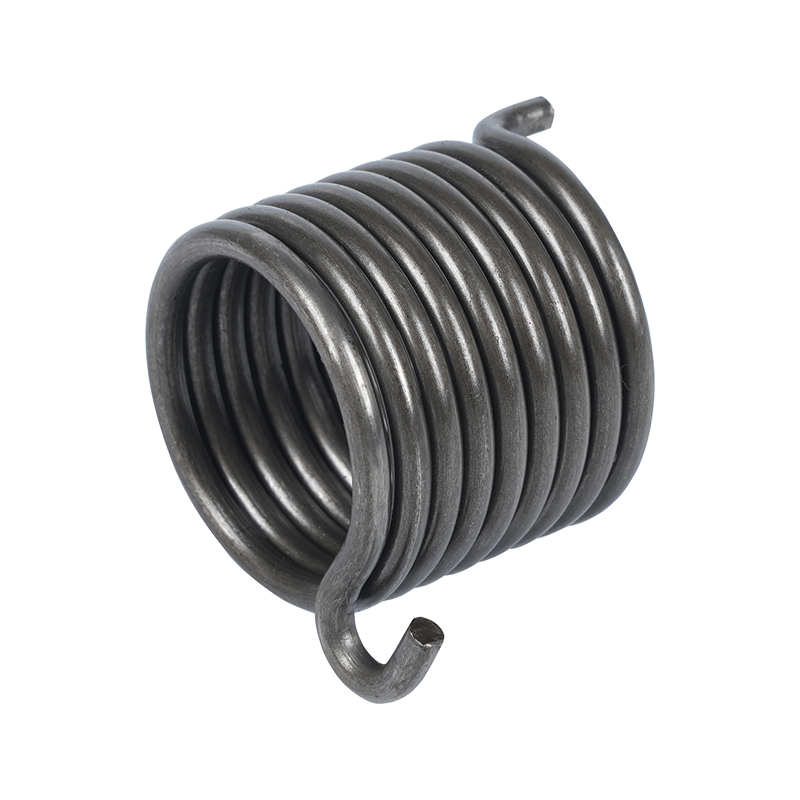Wire Works: Evaluating the Financial Impact of CNC Bending Services
Supply Wholesale CNC Bending Services Supplier
In the intricate world of manufacturing, precision is paramount, and nowhere is this more evident than in the realm of CNC wire bending services. These services offer a sophisticated method for shaping wire into complex geometries with high accuracy, making them indispensable in sectors ranging from automotive to aerospace. However, the decision to invest in CNC wire bending services involves a careful evaluation of the cost-effectiveness, encompassing equipment investment, operational expenses, and the potential for revenue generation. This article provides a comprehensive assessment of the economic considerations associated with CNC wire bending services, aiming to guide stakeholders in making informed decisions.
The initial investment in CNC wire bending equipment is a significant factor in the cost-effectiveness analysis. Modern CNC wire bending machines are equipped with advanced technology that allows for precise and repeatable bending operations. The cost of these machines can vary widely depending on their capabilities, such as the range of bending angles, the diameter of wire they can handle, and the automation level. While the upfront investment may be substantial, it is important to consider the long-term benefits, including increased productivity and reduced material waste due to precise bending.
Operational costs are another critical aspect of the economic equation for CNC wire bending services. These costs include the expenses associated with running the CNC machines, such as electricity, maintenance, and the cost of consumables like cutting fluids and tooling. Regular maintenance is essential to ensure the longevity and reliability of the equipment, and this can add to the operational expenses. Additionally, the cost of skilled labor to operate and program the CNC machines should be factored in, as these roles require specialized training and expertise.
Material costs are also a significant component of the operational expenses for CNC wire bending services. The type of wire used, whether it is steel, aluminum, copper, or a specialized alloy, can greatly influence the overall cost. The price of materials can fluctuate due to market conditions, and this variability must be taken into account when assessing the cost-effectiveness of the service. Efficient material usage through precise CNC bending can help mitigate these costs by reducing waste and optimizing the yield from each piece of wire.
Potential revenue generation is the flip side of the cost-effectiveness equation. CNC wire bending services can open up opportunities for businesses to tap into high-margin markets that require intricate wire components. The ability to produce complex shapes with tight tolerances can set a company apart from competitors, potentially commanding higher prices for their services. Moreover, the scalability of CNC wire bending operations means that as demand increases, production can be ramped up without a proportional increase in labor costs, enhancing profitability.
The efficiency of CNC wire bending services also extends to turnaround times. The precision and speed of CNC machines can significantly reduce the time required to produce wire components, enabling faster delivery to customers. This can be a competitive advantage, especially in industries where quick turnaround is valued. Faster production cycles can cause higher throughput, which in turn can increase revenue without a corresponding increase in fixed costs.
In assessing the cost-effectiveness of CNC wire bending services, it is also important to consider the potential for innovation and customization. CNC machines can be programmed to create a wide variety of shapes and designs, allowing for the production of bespoke wire components that meet specific customer requirements. This flexibility can be a source of competitive differentiation, attracting clients who seek unique solutions that cannot be easily replicated.
In conclusion, the cost-effectiveness of CNC wire bending services is a multifaceted consideration that involves a balance of initial investment, ongoing operational expenses, and the potential for revenue generation. While the upfront costs may be significant, the long-term benefits of increased productivity, reduced waste, and the ability to serve high-margin markets can justify the investment. Businesses that can effectively manage their costs and leverage the precision and flexibility of CNC wire bending services are well-positioned to achieve a favorable return on investment and maintain a competitive edge in the market. As industries continue to demand higher precision and more complex wire components, the role of CNC wire bending services will undoubtedly grow, making it a strategic investment for the future of manufacturing.


 English
English русский
русский Español
Español











